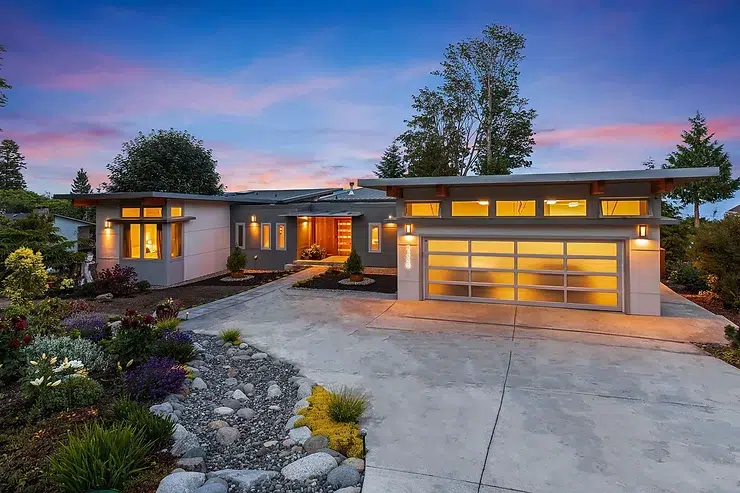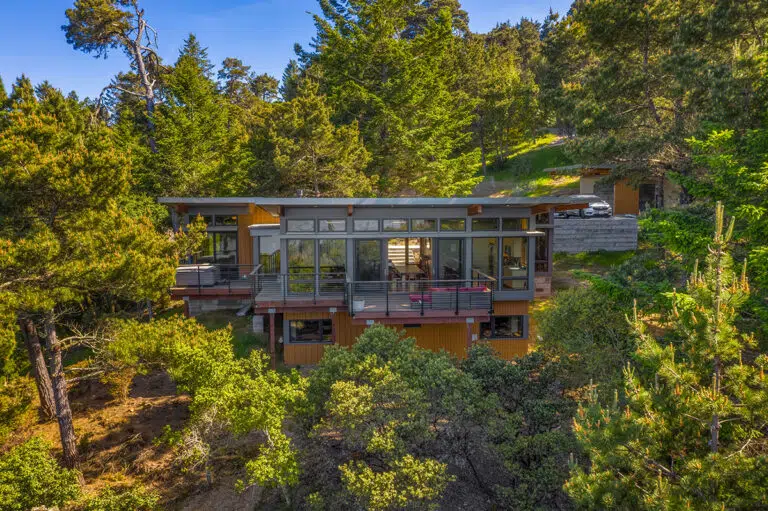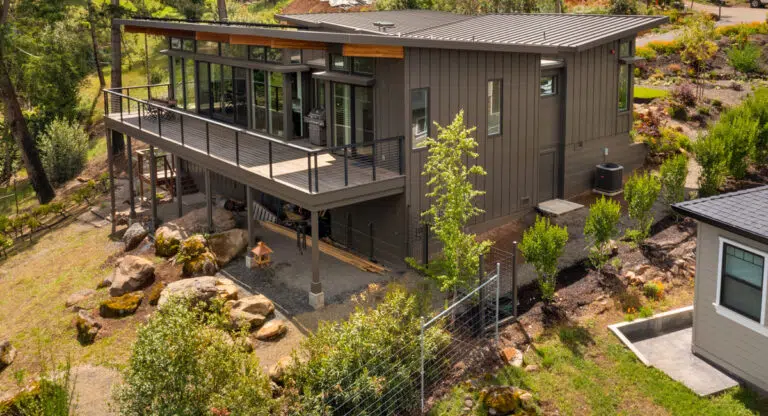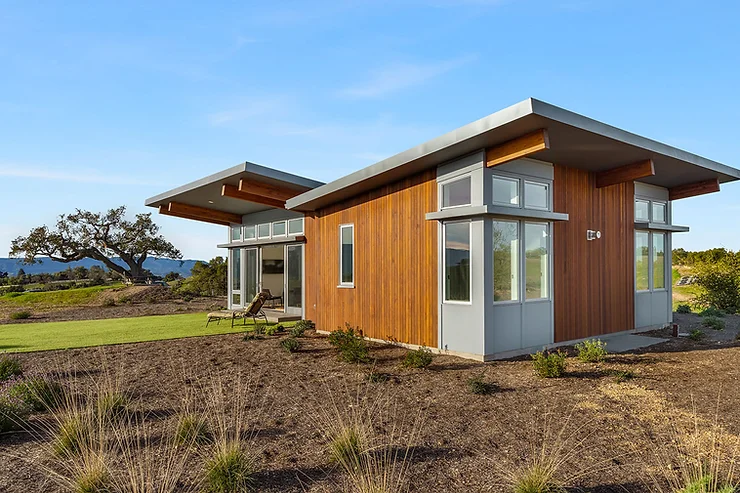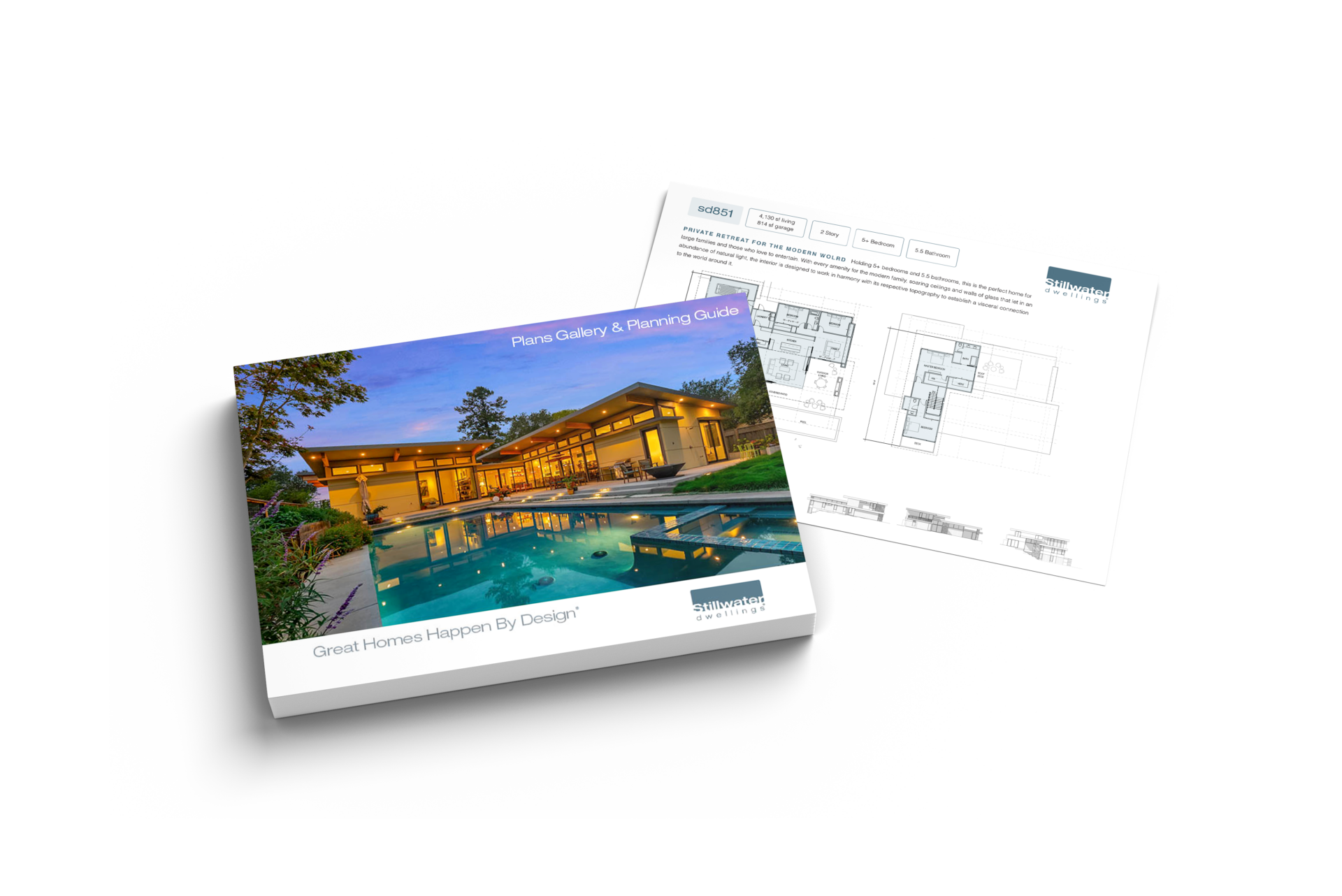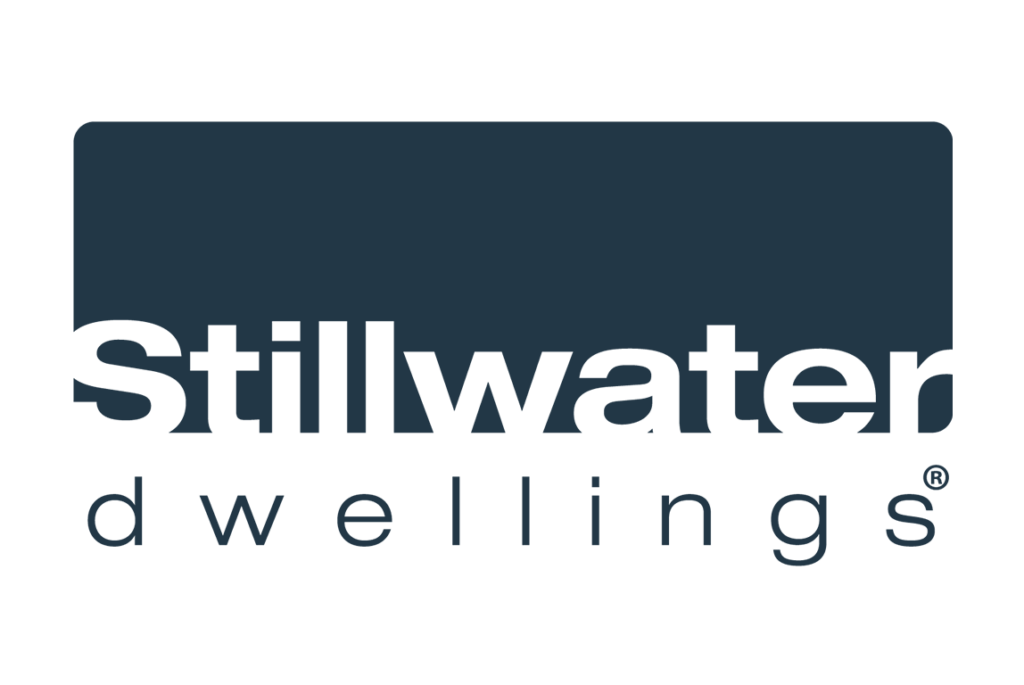With the increasing focus on sustainable living and the rising costs of traditional housing, modular homes are emerging as a compelling alternative. Oregon, known for its progressive stance on environmental issues, is at the forefront of this shift. In this exploration of modular homes in the Beaver State, we unravel the benefits, the local landscape, and the sustainable narrative that draws homeowners to this innovative approach.
Modular homes, often confused with manufactured homes, differ primarily in terms of the regulatory standards they adhere to and their overall construction process. In Oregon, a modular home is built in segments or modules in a controlled factory setting before being transported and assembled on-site, ensuring a higher standard of quality and efficiency. This construction method significantly reduces waste and environmental impact, aligning with the state’s green initiatives. Furthermore, since modular homes are pre-designed and constructed, they often come at a lower cost than traditional homes, making them an attractive option for many potential homeowners looking for sustainable and affordable housing solutions in Oregon.
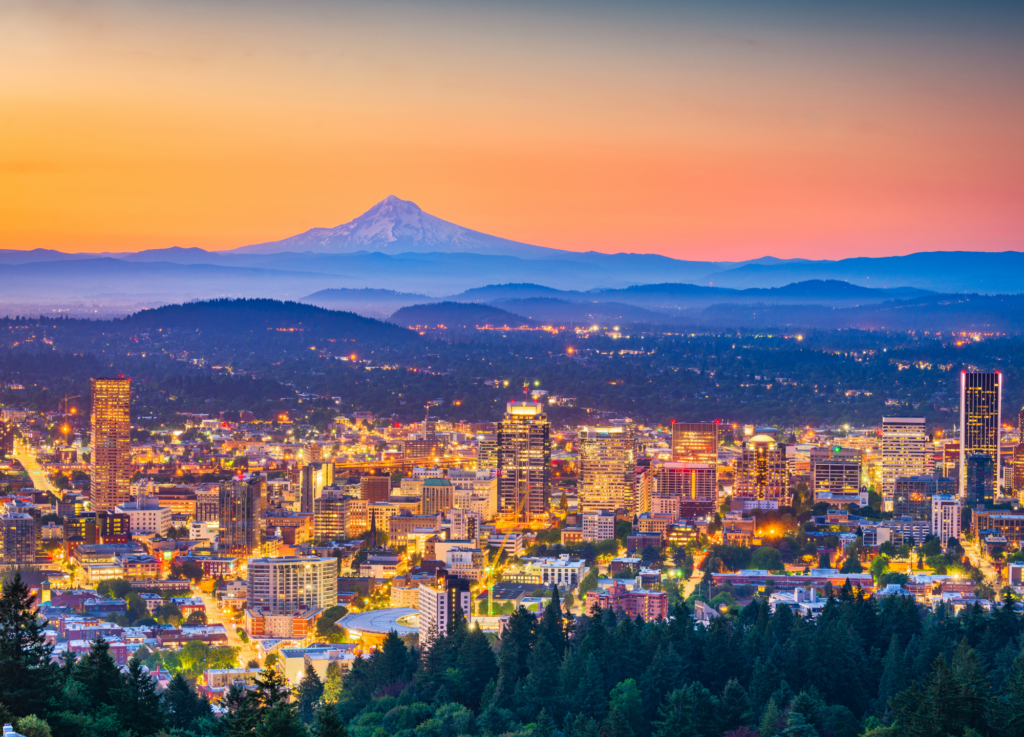
The Rising Trend of Modular Homes in Oregon
Modular homes are not just a passing fad; they represent a significant shift in home construction, particularly in a state like Oregon, where environmental consciousness is deeply embedded in the culture. Homebuyers and developers are recognizing the benefits of modular housing, from affordability to reduced environmental impact. Oregon has become a hot spot for modular construction, and it’s no wonder why.
Over the past few decades, the distinction between modular homes and the traditional manufactured home has blurred, thanks in large part to advances in modern building techniques and materials. Today, modular homes, also known as factory-built homes or kit homes, represent the pinnacle of efficiency and environmental consciousness. These structures benefit from the precision of factory settings, where weather delays are non-issues and material wastage is minimized. This evolution mirrors a broader trend in construction toward sustainability and energy efficiency, positioning modular homes as a key player in the future of residential building.
Benefits of Modular Homes
Cost-Effectiveness
Modular homes are renowned for their cost-effectiveness. With controlled factory environments and streamlined production processes, they minimize material waste and labor costs. This translates to more affordable housing options for buyers.
These cost savings directly culminate in greater affordability for customers looking to invest in a new home. Particularly for those drawn to the prefab home model, the financial accessibility is a significant attraction. Beyond the basic metrics of reduced initial purchase cost, clients also benefit from long-term savings in energy efficiency and lower maintenance requirements inherent in the modular construction design. This combination of immediate and sustained financial advantages makes modular homes an appealing choice for a diverse range of homebuyers in Oregon and beyond.
Sustainability
Sustainability is a major draw for those considering modular homes. The controlled manufacturing processes help reduce the carbon footprint associated with traditional construction. Furthermore, many modular home builders in Oregon are pioneers in using eco-friendly materials and sustainable building techniques.
The use of innovative construction methods in the creation of modular homes not only meets the demand for speed and efficiency but also complements Oregon’s diverse landscape, offering various customization options to fit different topographies and site preparations. Prefab homes, by their nature, require less on-site construction time, reducing the impact on the surrounding environment and ensuring that home buyers can move into their new homes more quickly. This streamlined process appeals to home buyers who are conscious of both the environmental impact and the need for a timely construction schedule.
Customization Options
Modular homes are not one-size-fits-all. The misconception that these homes lack personalization is quickly dissolving. Buyers have a wide range of design options, from floor plans to finishing touches, giving them the ability to create a home that meets their needs and reflects their style.
The cost savings associated with modular homes extend beyond their initial purchase price. When analyzing the price per square foot, potential buyers often discover that modular homes offer more value, especially when considering the inclusion of high-quality appliances and finishes that might be considered upgrades in traditional construction. This per square foot valuation also reflects the efficiency and precision builders bring to the design and construction process, allowing for significant savings without compromising quality. Additionally, for those with unique land considerations, modular homes can be a particularly attractive option. The flexibility in design allows builders to adapt homes to a wide variety of terrains and landscapes, ensuring that each property maximizes its potential while harmonizing with its surroundings.
Modular Homes in Oregon: Availability and Variety
Oregon is home to a variety of modular home companies, each offering distinctive styles and functionalities. Buyers can choose from a range of homes, including small eco-cottages, spacious family homes, and even multi-story dwellings. These homes are not only aesthetically pleasing but are also designed to withstand the region’s diverse climates with energy-efficiency in mind.
Local Regulations and Incentives
The state of Oregon has adopted regulations that are supportive of modular construction. In addition, there are incentives in place that encourage the development and purchase of sustainable housing solutions. These include tax breaks, low-interest loans, and subsidies that make the transition to modular living smoother and more cost-effective.

Sustainable Living Aspects of Modular Homes
Energy Efficiency
Modular homes are often more energy-efficient than traditional site-built homes. The advanced manufacturing techniques allow for superior insulation, energy-efficient windows, and the installation of modern, high-performance HVAC systems that result in lower energy bills and a smaller environmental impact.
Reduced Environmental Impact
The construction of modular homes produces substantially less waste compared to conventional building methods. This, combined with the use of green materials, means that the environmental impact of modular homes is significantly reduced. Homeowners can live comfortably knowing that their home construction has contributed to preserving Oregon’s natural beauty.
Community Benefits
Modular homes can contribute to the sustainability of communities. By providing a quick and scalable solution to housing demands, these homes can help in urban densification projects and reducing sprawl. Oregon communities can, therefore, thrive in more eco-friendly, cohesive living spaces.
Case Studies or Testimonials
Case studies and personal experiences can provide the most compelling evidence of the benefits of modular homes. Stories of homeowners who have built and are living in modular homes in Oregon showcase the practical advantages and the emotional satisfaction of choosing this modern housing solution.
Testimonials of Content Owners
- The Smith family, who found their dream home in the rolling hills of Oregon, and were surprised at how seamlessly it fit into their rural landscape.
- The Joneses, a young couple who chose a modular home in Portland and discovered they could live sustainably without compromising on design or comfort.
A practical Solution
Modular homes in Oregon are not only a practical solution to the housing needs of this generation but also a step towards a more sustainable future. Whether you’re a first-time homebuyer, a family looking for an affordable yet environmentally friendly home, or simply passionate about sustainable living, the modular housing option in Oregon is worth considering.
By choosing modular, you’re not just selecting a house; you’re adopting a lifestyle that resonates with the ethos of the state. The Pacific Northwest is leading the way in sustainable housing innovations, and the modular movement, with all its convenience and conscientiousness, is a significant part of that trajectory.

